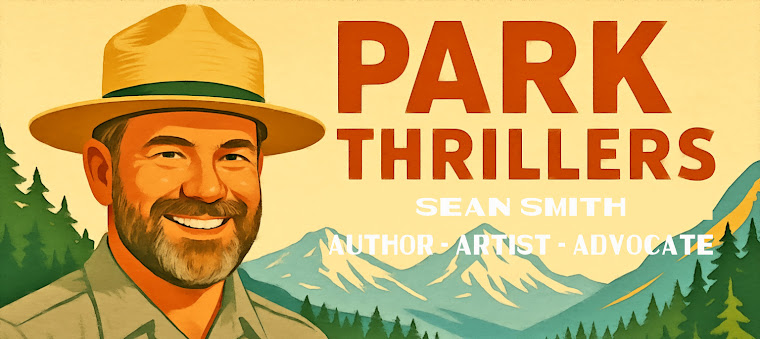 |
| NPS Photo |
The Positives of Going Cashless
1. Convenience and Efficiency
Embracing cashless transactions streamlines the visitor experience by eliminating the need for physical currency. Visitors can now enjoy seamless transactions using credit cards, mobile payment apps, or contactless methods like NFC-enabled cards or smartphones. This enhances efficiency at park entrances, visitor centers, and recreational facilities, reducing wait times and improving overall satisfaction.
2. Improved Safety and Security
By reducing cash-handling processes, the NPS aims to enhance safety for both visitors and staff. Cashless transactions mitigate the risk of theft, fraud, and potential exposure to COVID-19 pathogens associated with physical currency. Moreover, digital payments leave a transparent trail, facilitating easier tracking and accountability, thus bolstering security measures within park operations.
3. Environmental Conservation
Transitioning to cashless operations aligns with the NPS's commitment to environmental sustainability. By reducing reliance on paper currency, the initiative promotes conservation efforts by minimizing paper waste and the environmental impact of producing and transporting physical money.
The Negatives of Going Cashless
1. Accessibility Concerns
While digital payment options offer convenience for many, the cashless transition raises concerns regarding accessibility for certain demographics. Not all visitors can access credit cards, smartphones, or reliable internet connectivity, potentially excluding individuals who rely on cash transactions. This could disproportionately affect marginalized communities, including low-income families and elderly individuals who may face barriers to adopting digital payment methods.
2. Privacy Risks
Digital transactions entail collecting and storing personal data, raising privacy concerns among park visitors. While cash transactions provide a degree of anonymity, digital payments leave a digital footprint that could be susceptible to cyber threats or misuse of personal information. Safeguarding visitor privacy should remain paramount as the NPS navigates the transition to cashless operations.
3. Exclusion of Cash Economy
The cashless policy risks marginalizing segments of the economy that operate primarily on cash transactions. Local vendors, small businesses, and independent artisans within and around national park sites may face economic repercussions if visitors are limited to digital payments. Balancing the need for modernization with the preservation of diverse economic ecosystems is crucial to ensuring the long-term sustainability of park communities.
The Lawsuit and Challenges Ahead
Despite the perceived benefits of the NPS's cashless policy, the transition has been controversial. A recent lawsuit against the Park Service challenges the legality and fairness of the cashless mandate. Critics argue that the policy discriminates against individuals who rely on cash transactions and violates the US Constitution and federal laws, including the Administrative Procedure Act and the National Park Service mission.
The lawsuit underscores the importance of thoughtful deliberation and stakeholder engagement in implementing significant policy changes within the National Park Service. As the legal proceedings unfold, it remains to be seen how the courts will address the competing interests of convenience, safety, accessibility, and legality surrounding the cashless transition.
In conclusion, the National Park Service's decision to go cashless reflects a broader trend toward digital transformation in the modern world. While the shift offers undeniable benefits regarding efficiency, safety, and environmental stewardship, it also poses challenges related to accessibility, privacy, and economic inclusivity. As the NPS navigates these complexities, it must strive to balance its mission of preserving natural and cultural heritage while ensuring equitable access and participation for all visitors.


No comments:
Post a Comment